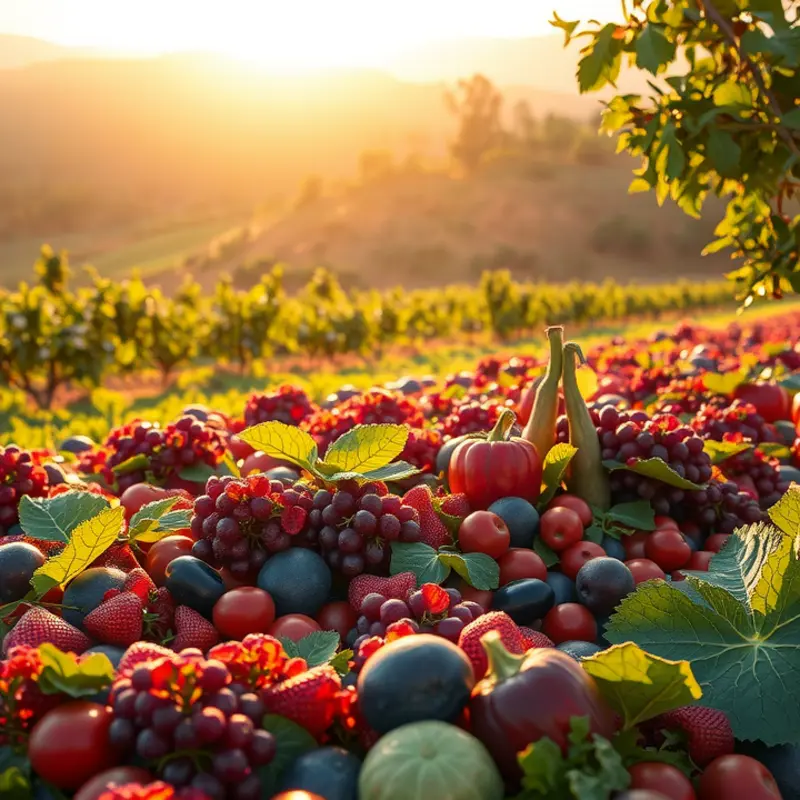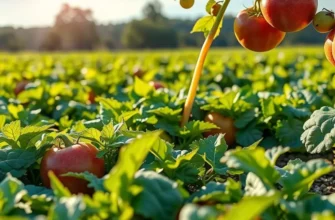Reusing glass jars is an effective way to store food, reduce waste, and enhance food management at home. These jars are versatile, eco-friendly, and aesthetically pleasing. Beyond that, they can significantly contribute to an organized kitchen and a more sustainable lifestyle. Whether you have empty jars from store-bought products or ones saved from homemade preserves, this guide will help you learn how to safely incorporate them into your food storage routine.
Preparing Your Glass Jars for Safe Food Storage

Glass jars are both an eco-friendly and charming way to store food items. To ensure the safety and longevity of your food stored in these jars, it’s crucial to clean and prepare them properly. Here’s how to ready your glass jars for a second life in your kitchen.
Start by removing labels from your jars. Fill a sink with warm water and a drop of dish soap and let the jars soak for around 15 minutes. This will help degrade the adhesive, making labels easier to peel off. If sticky residue persists, rub it with a bit of baking soda or a mixture of baking soda and oil.
Once labels and residue are gone, thoroughly wash each jar with hot water and a non-toxic, fragrance-free soap. Make sure to clean the rims of the jars, as leftover food particles often cling there. A bottle brush can assist in reaching tricky spots. After washing, rinse multiple times to untangle any soap remnants.
Dry completely before moving to the sterilization process. Proper sterilization is key to preventing contamination and ensuring the food safety of stored items. There are several tested methods for sterilizing glass jars:
-
Boiling Water Method: Submerge jars in a large pot filled with water, ensuring each jar is fully covered. Bring the water to a rolling boil and keep it there for 10-15 minutes. This method is both simple and reliable.
-
Oven Method: Preheat your oven to 275°F (135°C). Place jars (without lids) on a baking sheet and heat them for about 20 minutes. This method is especially useful when sterilizing a large batch of jars.
-
Dishwasher Method: Use the hottest setting of your dishwasher. Most modern dishwashers have a high-temperature rinse cycle that can effectively sterilize jars. Be sure to place jars upright to ensure that they are completely exposed.
After sterilization, avoid contaminating the jars by delaying use. Allow them to air-dry completely. Transfer any food only with clean utensils and hands to maintain a contamination-free environment.
Using other tips similar to those detailed above, reducing waste and promoting safer storage is also a major focus. To learn more about eco-smart kitchen practices, consider exploring the principles of minimizing food waste through efficient storage found in eco-smart kitchen storage.
Reusing glass jars is not merely about hygiene; it’s an eco-conscious choice. By following these sterilization practices, you’re not only avoiding food-borne illnesses but also contributing to a more sustainable kitchen.
Creative and Safe Uses for Your Reused Glass Jars

Transforming your kitchen into a hub of creativity and sustainability with reused glass jars is not only environmentally friendly but also highly functional. Beyond their typical use for storing dry goods and leftovers, glass jars can take on a variety of roles, turning mundane household tasks into opportunities for eco-friendly innovation.
One of the most imaginative uses for glass jars is as herb planters. A few simple steps can convert jars into perfect micro-gardens on your windowsill. Fill the jar with potting soil, plant your favorite herbs, and watch them thrive in natural sunlight. The transparency of the glass allows you to monitor root growth and soil condition, ensuring your plants are healthy and well-maintained. Proper drainage is key, so consider adding a layer of pebbles at the bottom to prevent overwatering.
In addition to herb planters, jars can easily become a spice haven. Small jars work excellently for organizing spices, keeping your kitchen tidy and spices fresh. Use jars of similar sizes for uniformity, or mix and match for a bit of character. Label your jars clearly with a permanent marker or adhesive labels, ensuring you identify contents at a glance and streamline your cooking process. Spices stored in glass retain their flavor and aroma longer, preserving the quality of your culinary creations.
For pantry organization, glass jars offer a sleek and efficient solution. Store grains, legumes, and dried fruits in large jars to minimize packaging waste and keep your kitchen orderly. Transparent jars not only exhibit the vibrant colors and textures of their contents but also help track inventory without having to open each container. To prolong freshness, ensure the lids are airtight, safeguarding against moisture and pests.
Labeling your jars effectively can elevate your organizational efforts. Waterproof labels are ideal for items stored in the fridge and other moist environments. For a customizable solution, consider chalkboard paint on jar lids or fronts, allowing you to rewrite labels as contents change. Incorporate decorative tags or twine for a rustic touch, marrying aesthetics with practicality.
Certain foods benefit particularly from glass storage. Acidic foods like sauces and citrus-based dressings, for instance, are well-matched with glass to prevent reactions often caused by metal or plastic containers. Explore additional tips on safely storing sauces in glass here. Furthermore, sensitive items such as coffee and tea maintain optimum flavor profiles when kept in glass jars, shielded from the oxygen exposure that degrades taste.
Repurposing glass jars requires a bit of creativity but offers numerous sustainable options that truly enrich your kitchen environment. By exploring these innovative uses, you effortlessly align daily practices with eco-friendly principles, reducing waste while enjoying the surprising versatility glass jars provide.
Final words
Reusing glass jars offers a practical solution for food storage that benefits both the environment and your kitchen organization. By properly preparing your jars and exploring creative uses, you can significantly reduce waste while enjoying the practical benefits of homemade storage solutions. Embrace the versatility of glass jars—experiment with different foods, organize your pantry, or create charming décor. The effort you put into reusing containers can lead to a more sustainable lifestyle and healthier choices overall, proving that small actions can bring about impactful change.







